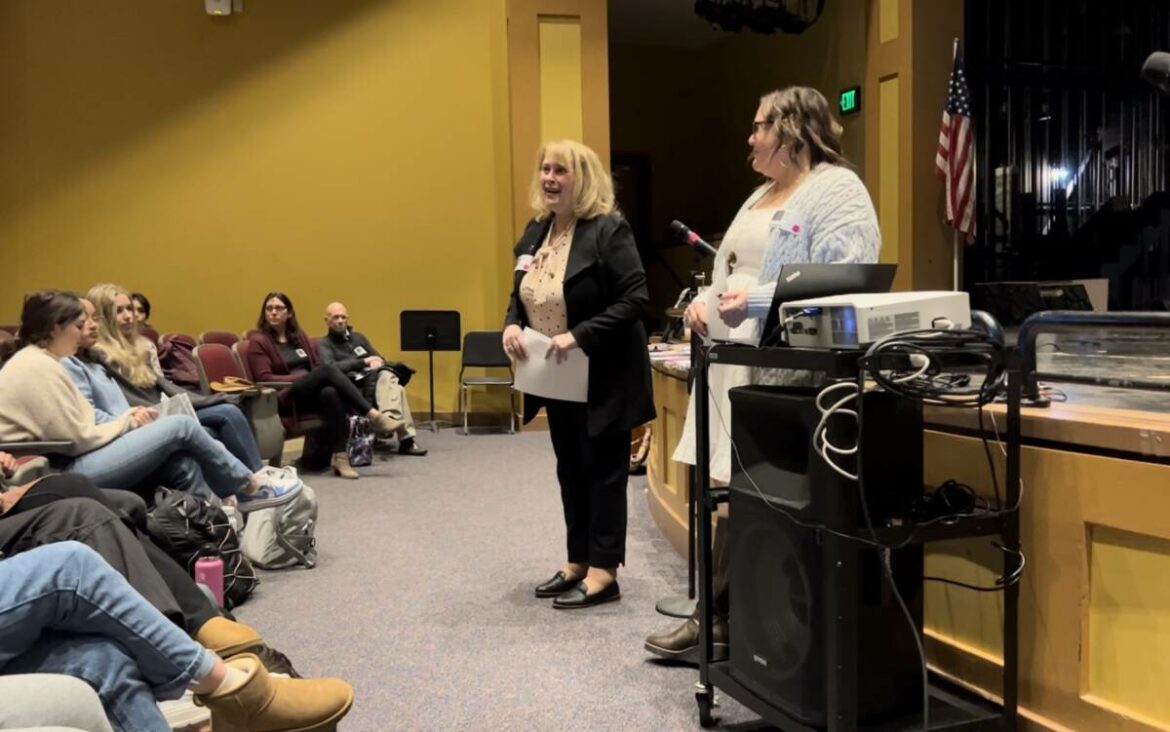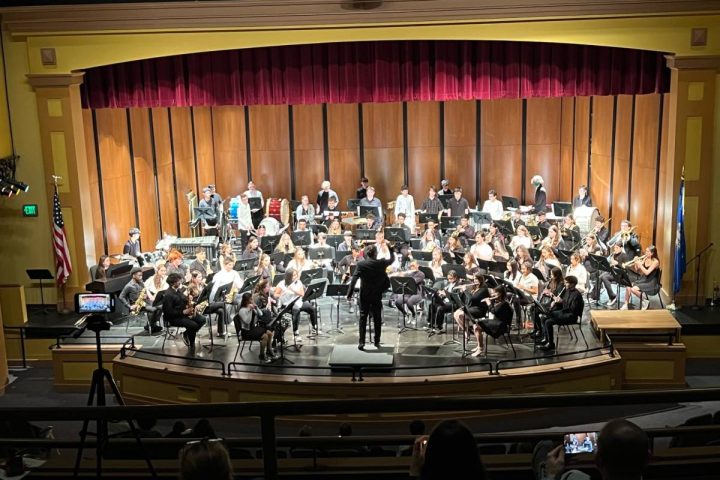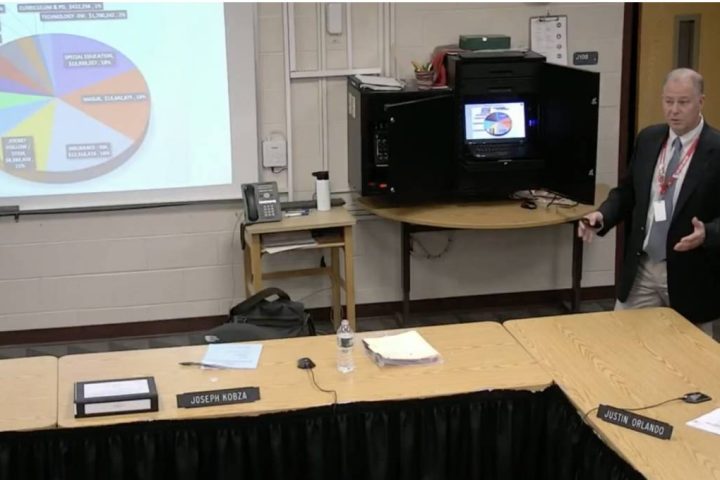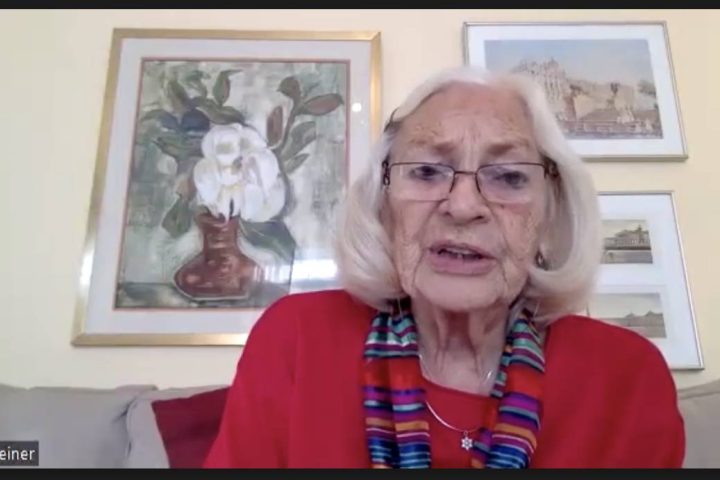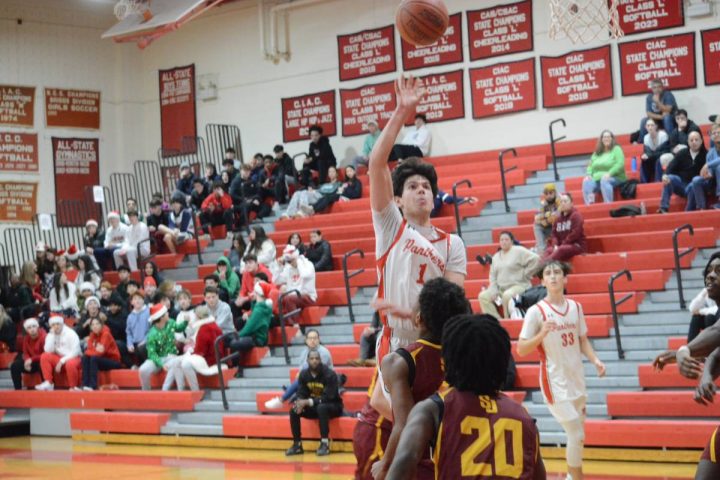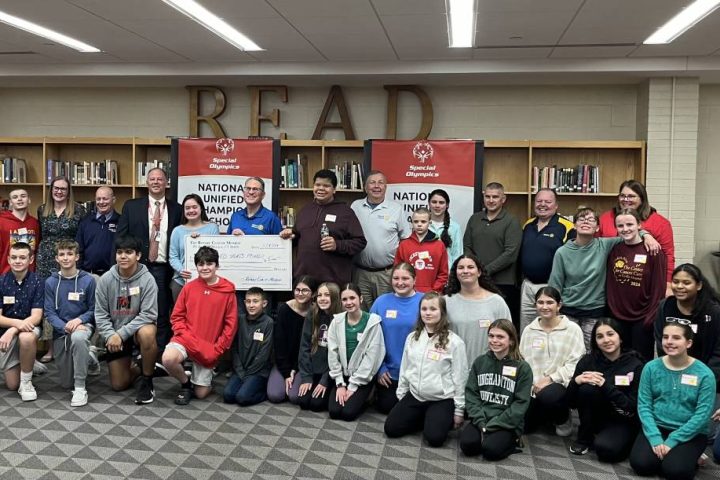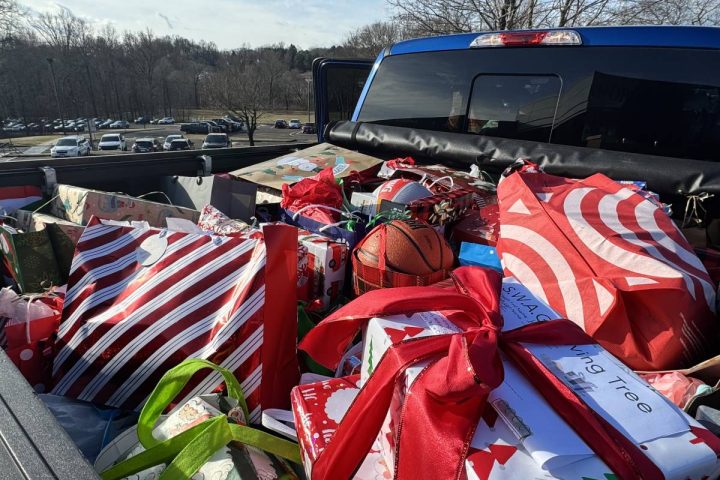MONROE, CT — Dating can be a fun part of growing up, but teenagers can also be exposed to unhealthy relationships, from possessive and manipulative partners to those who belittle them. The negative behavior could even escalate to violence.
“When one person has the power and control, the other person’s world gets smaller and they become more isolated,” Amanda Posila, director of education and community engagement for The Center for Family Justice (CFJ), said of abusive relationships.
Posila and Debra Greenwood, president and CEO of CFJ, also shared signs of healthy relationships during a presentation on leadership and empowerment at Masuk High School Wednesday morning.
The event was scheduled to be held in February, which is Teen Dating Violence Awareness Month.
Greenwood told students how CFJ has 24/7 hotlines with free and confidential support for victims of domestic violence and sexual abuse, college campus advocacy, and a children’s advocacy center that works with kids under age 18.
“On top of helping victims of abuse, we want to get in front of it,” Greenwood said. “That’s why we’re here today. We’re talking about prevention education. We want to get in front of the abuse before it happens.”
Wednesday’s event, made possible by the Monroe Rotary Club, was the first in a new speaker series hosted by the Women’s Advocacy Club at Masuk. Next month’s speaker will be Amanda Raus, a news anchor with WTNH-TV.
Ruthika Giduthuri, a sophomore, said the Women’s Advocacy Club (WAC) wants to host speakers on a variety of topics. Giduthuri and junior, Anisha Gera, are co-presidents of the WAC.
The WAC was established last year and its membership has since grown from 50 to 80 students — all female, according to Gera.
“A lot of people are interested in female empowerment and we wanted to create a community where everybody can be involved,” said Giduthuri, adding of Wednesday’s presentation, “we thought it was great. It was very successful.”
Gera noted there was a lot of participation among students who attended the event.
Making it happen
Superintendent of Schools Joseph Kobza, who attended the event, recalled his time as Masuk’s principal years ago, when a number of students experienced the same issues of unhealthy relationships students face now, especially possessiveness and guilting, when someone tries to make you feel responsible for their actions.
Kobza, who is a member of the Monroe Rotary Club, said members initially wanted to organize one big event on leadership and empowerment with several speakers, but could not find a weekend for students to attend, because of their busy schedules.
Instead, the Rotary Club decided to work with the WAC on the speaker series to be held for 45-minute sessions during school hours.
Rotarians Kathleen Bailey, David Wolfe and Rhonda Greifinger attended Wednesday’s presentation.
They had worked closely with the WAC’s advisors, Amanda Gallagher, who is an English teacher, and Meghan Letko, a library/media coordinator, to organize the event.
Wolfe said women’s empowerment is a Monroe Rotary Club initiative and Greifinger said the club wanted to get high school students involved.
Love Is Respect
Wednesday’s presentation included a video and Posila showed students the website, Love Is Respect, which she called a great resource with information and quizzes about relationships, advice for LGBTQ+ relationships when parents don’t approve, and how to go through a breakup, get help and support others.
Posila said one-in-three high school students have been victims of dating violence or abuse.
Healthy relationships are built upon respect, good communication, trust, honesty and equality, according to Love Is Respect, while unhealthy relationships are based on attempts to control the other person.
Unhealthy relationships include breaks in communication, pressure, dishonesty, struggles for control and inconsiderate behavior.
Abusive relationships are based on an imbalance of power and control, according to the website, and involve accusations, blame shifting, isolation pressure and manipulation.
Posila said the difference between an unhealthy relationship and an abusive one is fear.
Oftentimes, victims of bad relationships blame themselves or feel shame to speak out. CFJ encourages open conversations about the issue, as well as reaching out to help friends who are in trouble.
When one sees bad behavior, Posila said they should say something to discourage it. She shared the quote: “when one person stands up and says, ‘this doesn’t seem right,’ it helps other people do the same.”

